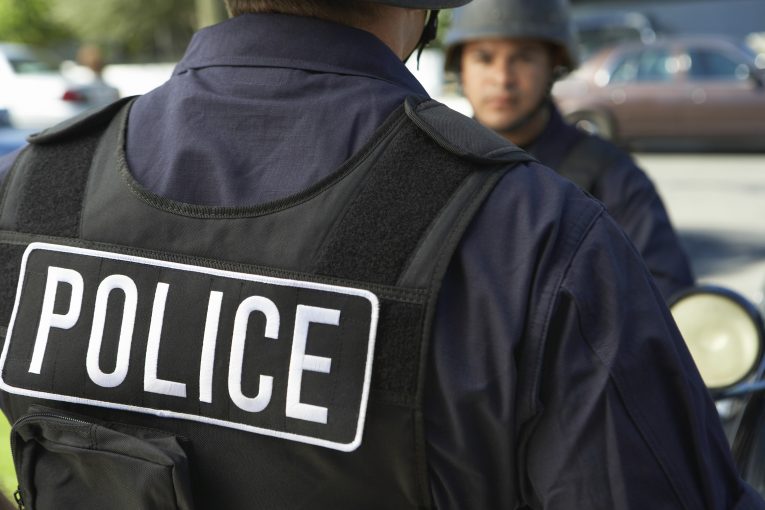
OKLAHOMA CITY, OK – The U.S. Department of Justice (DOJ) announced this week it has found reasonable cause to believe the State of Oklahoma, Oklahoma City, and the Oklahoma City Police Department (OKCPD) discriminate against individuals with behavioral health disabilities.
The findings, which stem from violations of Title II of the Americans with Disabilities Act (ADA) and other federal laws, highlight systemic issues in how behavioral health emergencies are handled in Oklahoma County, according to a DOJ statement.
DOJ charged the State of Oklahoma places adults with behavioral health disabilities at serious risk of unnecessary institutionalization in psychiatric hospitals, nursing homes, and residential care facilities.
In addition, DOJ also reported Oklahoma City and the OKCPD rely heavily on armed police officers as primary responders to behavioral health emergencies, which often exacerbates discrimination against people with behavioral health disabilities.
“People with behavioral health disabilities in the Oklahoma County area are not receiving the support they need,” said Assistant Attorney General Kristen Clarke of the Justice Department’s Civil Rights Division.
Clarke added, “Instead of accessing treatment in the community, they are institutionalized repeatedly. Further, when they call 911 for a behavioral health emergency, they get a response by armed police, even when there is no public safety issue identified.”
DOJ noted thousands of individuals with behavioral health disabilities are admitted to psychiatric facilities in Oklahoma County annually, many with prolonged or repeated stays.
Without sufficient community-based services to address their needs proactively, individuals often reach a crisis point before receiving care, placing them at greater risk of institutionalization or law enforcement involvement, the DOJ alleged.
“Most would prefer to live in their communities, surrounded by friends and family, and to have the freedom to make their own choices about their lives. These individuals could live successfully in their communities if they received critical community-based services,” the DOJ stated.
According to the DOJ, Oklahoma does not provide sufficient services to prevent unnecessary institutionalization.
The federal agency added when people with behavioral health disabilities call 911 seeking assistance, the city sends police as the sole responders in most cases. They end up needlessly hospitalized or in contact with law enforcement, escalating crises or even unnecessarily using force.
In many cases these calls for assistance could be more effectively resolved with a response by behavioral health professionals who can provide appropriate treatment, but the city rarely involves such professionals, said DOJ.
“We recognize the state and the city are taking preliminary steps to improve access for and treatment of people with behavioral health disabilities,” said Clarke, noting the state expanded its crisis intervention systems and updated its Olmstead plan.
Clarke added Oklahoma City announced plans to develop a behavioral health response for 911 calls, and OKCPD has also initiated reforms aimed at addressing these violations.
The department has opened 12 pattern and practice investigations into law enforcement agencies since 2021 and has been actively monitoring over a dozen agreements with law enforcement agencies that were secured prior to that period.
“The Justice Department is committed to working collaboratively with Oklahoma and Oklahoma City so that they implement the right services and support their communities’ needs and institute a lasting remedial plan,” Clarke said.